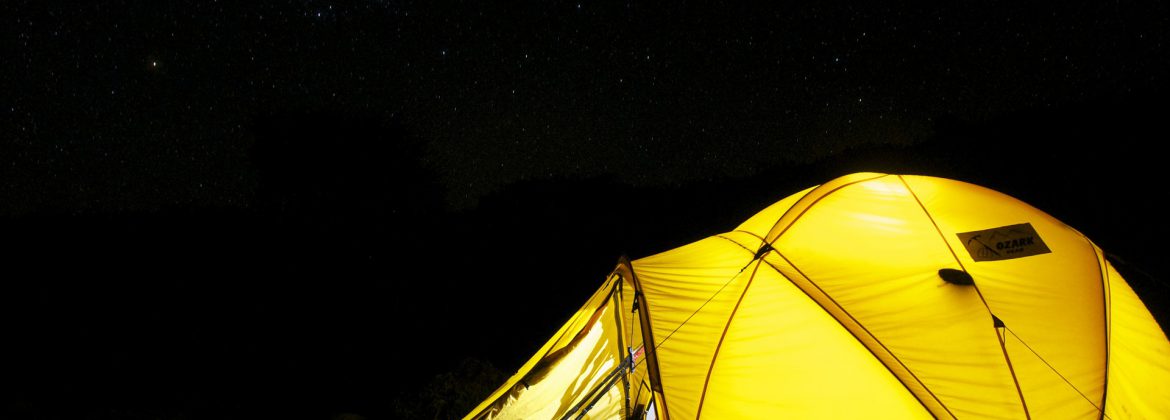With all the noise, pollution, and crowds that come with modern life, it sure is nice to get away from it all. Whether you’re taking a hike in a park, camping in a tent, or switching things up a bit with rooftop camping, spending time in nature helps you feel relaxed, grounded, and sane. Just unplugging from society is beneficial to your peace of mind.
But that can all go away if you’re not safe on your trip. Camping and spending time outdoors requires some preparations and knowledge so you can stay safe. First, you need to know what to bring along.
Start By Packing The Right Gear
REI has a great list of 10 essentials for camping that you must pack. These not only help you enjoy your time outdoors, they help you stay safe. Some of these essential items include:
- A map of the area and a compass.
- Flashlights.
- Extra clothes.
- Sunscreen and sunglasses.
- Extra food and water.
- First-aid kit
One item often overlooked by campers is proper footwear. Even if you’re not planning an official hike, you will be spending a lot of time on your feet. Plus, the ground can often be uneven, damp, or hard. Make sure you have high-performance hiking socks and heavy-duty boots to avoid problems like blisters or sprained ankles.
Fire & Personal Safety
Once you’ve arrived at your campsite with all the right gear, it’s time to set up camp. That means you have to decide where to build a campfire. After all, what’s camping if you don’t have a fire to cook with or tell stories around? But fire needs to be treated with respect to avoid forest fires or getting hurt.
The USDA Forest Service explains how to build a safe campfire.
- Pick a level spot, then clear a 10-foot wide circle around it.
- Keep your fire small, and always make sure someone is watching it.
- When it’s time for sleep, drown the fire in water. Then stir and mix the ashes to make absolutely sure the fire is out.
Because you’re in nature, there are other safety concerns you need to worry about: weather and animals. If you’re facing a thunderstorm, take shelter. Note that a tent often does not count, as it has metal poles and can rip in strong winds. You also need to bring warm clothes, as it can get much colder at night. When it comes to animals, your best bet is to leave them alone.
Rooftop Camping Tips
Some people prefer camping with the amenities of home nearby, and rooftop camping offers just that. Whether you’re giving a vehicle roof tent a try, or have found a camp that offers a home away from home in the form of a sheltered tent, both varieties provide great shelter in case of thunderstorms and protection from wild animals. However, if you will be taking your camping expedition far away from home where you can truly experience nature in its rawest form, there are a different set of safety precautions you need to take to ensure a good trip. You should:
- Understand possible dangers in the area and how to avoid them
- Pack a first aid kit and make sure you, or someone with you, knows how to use it properly
- Check the weather forecast so you can pack the appropriate gear
- Opt for a campsite with a host, as they will often provide personal security and are knowledgeable of the potential dangers in the area
- Never venture out alone or into an area that has clearly been marked as off-limits
Enjoy A Safe Camping Trip
There are many reasons to leave the modern world behind for a trip outdoors. But to make sure it’s relaxing and beneficial, you also need to make sure it’s safe. Bring the essentials and proper footwear, then be smart about setting up your camp. This way, you can come home from camping with nothing but great memories.

